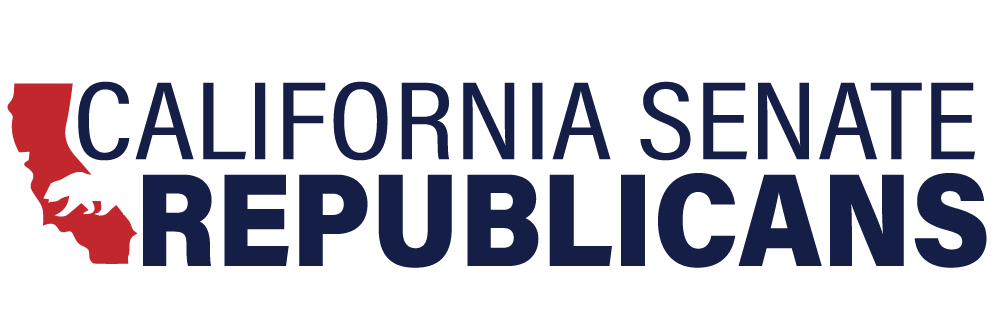Subcommittee #2 Resources, Environmental Protection, and Energy
Who Bears the Cost of Community Solar Policy? The subcommittee discussed a pending proposal by the California Public Utilities Commission (CPUC) for a program that would require certain utilities to buy excess power generated by community solar facilities at a premium cost. The CPUC’s pending decision rejects a solar advocate proposal, which would increase costs by up to $64 billion for people without access to community solar over the life of these projects, while lowering bills and providing subsidies to program participants and project developers. Instead, the CPUC proposes an alternate program that would incentivize community solar projects without increasing electric rates.
Senator Dahle (R-Bieber) applauded the CPUC’s effort to mitigate cost increases and noted, “The Legislature needs to look at these projects and make sure they are not harming non-participants.” Legislative Democrats seemed unconcerned with the potential increased rates, appearing unhappy with the recommendation to reject the advocates’ cost-increasing proposal, and used this budget hearing to influence the CPUC’s decision. The community solar program’s terms are not settled, and therefore may be modified, until the CPUC takes a vote to finalize the program. Senate Republicans will continue to advocate for affordable energy programs and policies.
Subcommittee #3 Health and Human Services
Broken Promises to the Developmentally Disabled. The subcommittee discussed a range of issues related to programs that seek to help persons with intellectual or developmental disabilities (I/DD) live and work in their communities.
First, the subcommittee learned that the Governor’s funding priorities do not include the I/DD community, since the Governor proposes to delay implementation of much-needed service provider rate increases. This delay would pull the rug out from service providers, who were promised these increases to sustain services for I/DD
individuals, and whose costs will continue to increase. The Governor’s choice to withhold funding for this longstanding core program, while adding billions for other new programs, including a new expansion of Medi-Cal to the undocumented population, shows the low priority the I/DD receives in the Newsom administration.
Next, Senator Shannon Grove (R-Bakersfield) asked the Governor’s administration about the status of 15,000 people with I/DD who advocates report lost their jobs once the state phased out the targeted subminimum wages that helped private employers hire them. The administration did not have the relevant data, and lawmakers from both parties agreed that obtaining this information is important.
The subcommittee also discussed the proposed Master Plan for Developmental Services. Senate Republicans appreciate the effort to broadly improve services, and have pushed for a comprehensive improvement plan since at least 2015, when a Republican senator introduced Senate Bill 638. Unfortunately, Democrats first watered down and then ultimately blocked that bill.
All of these issues were held open and will be voted on at a later date.
Subcommittee #5 Corrections, Public Safety, Judiciary, Labor, and Transportation
Still Thousands of Felons with Guns. The Department of Justice (DOJ) presented its annual Armed and Prohibited Persons System (APPS) report. The APPS is an information technology system that identifies individuals who legally purchased firearms, but subsequently were prohibited from ownership, usually due to criminal activity or serious mental illness. DOJ is charged with removing firearms from those who continue to possess them illegally. The just-released 2023 APPS report indicates that the number of known unlawful gun owners peaked in 2021-22 at more than 25,000, then barely declined (by less than 4 percent) and remained alarmingly high at 24,640 by the end of 2023. Of those, nearly 12,000 are convicted felons. Senate Republicans believe that DOJ’s failure to disarm prohibited persons in a timely manner results in preventable gun violence and needless victims of crime. No votes were taken for this informational issue.
Another Half-Billion-Dollar Hole. The Governor’s January budget projected annual deficits in the tens of billions of dollars through 2027-28. As bad as that sounds, the true outlook is actually half a billion dollars worse than projections acknowledge. That is because the Governor’s budget fails to account for repayment of two loans from a DOJ special fund to the General Fund. The first ($400 million) was authorized for 2023-24, and the second ($100 million) is proposed for 2024-25. The administration acknowledges that it has not yet proposed a timeline for repayment. Unfortunately, this means that the Governor’s multi-year projections understate the deficit by $500 million. A vote on the 2024-25 loan will be held at a future hearing.
NOTE: Subcommittee #1 Education and Subcommittee #4 General Government did not meet this week.
